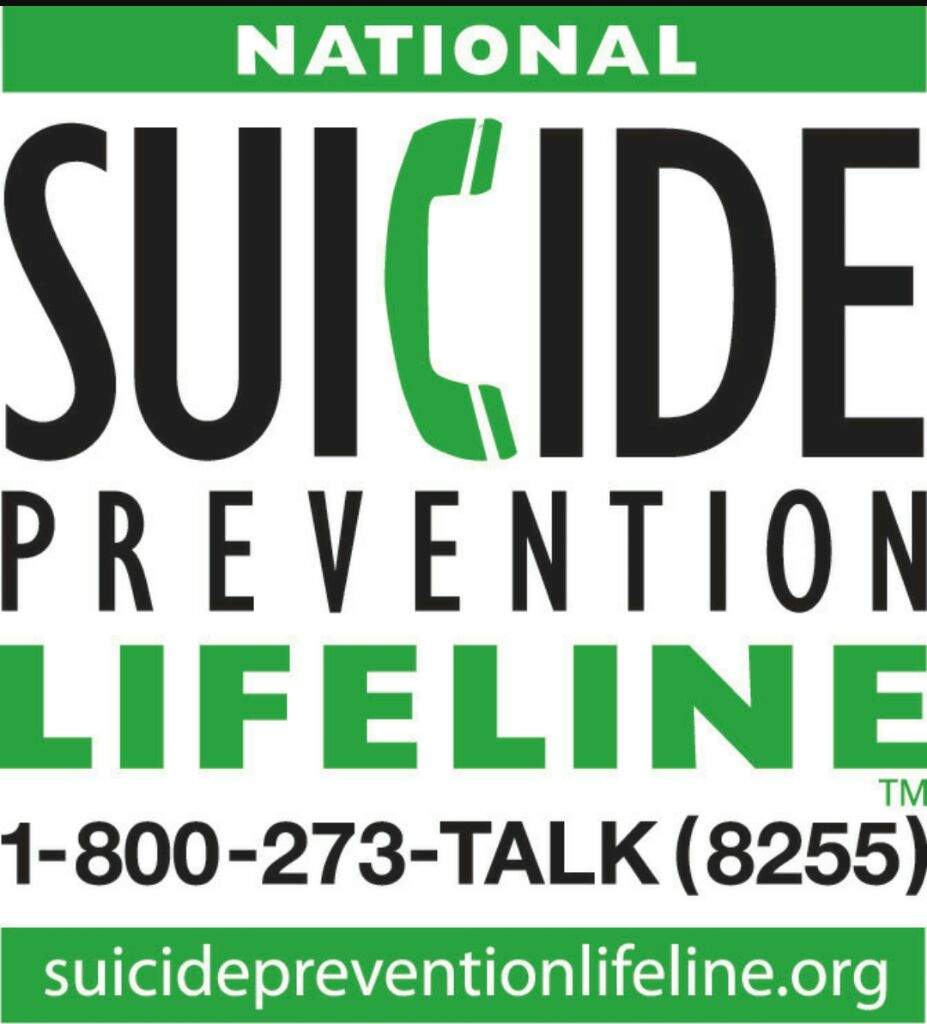I have had a mental illness since I was four years old. But let’s start with last Friday. I got a concussion and a pretty bruise on my face after I fainted. Why did I faint? Because my brain is broken and sometimes it takes over my entire body.
Before I tell you my diagnosis, I want you to know that this is the first time I am openly talking about this. And last week’s incident made me realize that I do all the things I fight against when it comes to stigma and mental illness. I compare myself to other people who have emotional pain and mental health challenges and I decide not to talk about me because I feel like it’s not such a big deal compared to what others go through. I minimize my experience and brush it off as something I can live with. And I can. I’ve gotten good at living with it and hiding it. Sometimes I’ve called it my “kryptonite.” This is the one thing in my life that can take me down and render me absolutely powerless. And this week showed me that my mental illness can cause other damage too. I’m lucky that my concussion wasn’t worse.
Ok, so here goes: I have a mental illness. It is called Blood/Injection/Injury type Specific Phobia. I remember so vividly the first time I learned that it had a name and research to back it up. Doctors my whole life had just basically said, “Well, that’s weird.” I’ve been tested for seizure disorders (with no results or explanations doctors have found worthy of writing in my chart). But a kind mentor who is a psychologist opened up the DSM (IV at that time) when I was in college and he showed me myself in those pages. He was the first person that knew what I had and could show me a diagnosis in black and white.
Specific phobias are different because avoidance is usually the best way to function most of the time. If you have a fear of snakes, don’t go to the reptile exhibit. Sounds easy, right? But sometimes life doesn’t let you avoid everything, and in my case like all humans I occasionally need medical treatment. Or I hear people talk about their medical experiences. Or someone I love is in the hospital. These encounters don’t happen every day, so it is easy for me to minimize. But the reality of my mental illness is that sometimes I cannot stay present with a person telling me the story of their pain. And I cannot go visit people in the hospital. And I have to work harder than everyone else to go get bloodwork done. And I have to let my husband take our children to any difficult medical appointments. And I only have those children because I found out about natural childbirth and realized I could have a needle-less and hospital-free childbirth. Which I did, twice.
I have had two rounds of treatment for my phobia, once in college (after I learned it was a thing) and once about six years ago (when my counselor training came in handy and I did it to myself). Systematic desensitization is the most effective treatment, and in my first treatment experience I had about ten sessions with a counselor working through a hierarchy of anxiety-producing things while practicing relaxation. We started with the easiest and worked our way up to me going and getting my flu shot (yes, that was the hardest medical trigger I could even face at the time). And I did it. That treatment helped me overcome the anxiety enough so that in my adulthood I would not choose to avoid medical treatment altogether. At that time, I knew that I would be entering into grownup life and I could make my own decisions. Which meant if I wanted to avoid the doctor or dental work or hospitals, I could. But that can come with some serious consequences, and so my first round of treatment helped me be willing to face adult decisions.
My second systematic desensitization came when my dad was in the ICU for three weeks. I went to the hospital every day to be with my dad and my family. I spent hours in the waiting room, only to actually see my dad for about 30 seconds. I went in with my husband the first time and told him I would be staying no more than 30 seconds. It might have been 10 honestly. I knew I needed to get in and get out and succeed so that I could teach myself it was okay. And I did. After about a week, I could sit with him for 15 minutes, and eventually I think I made my way up to an hour. I wish I could say that that cured my fear of hospitals, but sadly I would have to start all over again if someone in my family was hospitalized. I can’t visit someone once. It has to take 3 weeks.
You might not think that my unusual illness has intersected with my faith, but it most certainly has. Like many other Christians with all kinds of mental illnesses, I hoped at one point that Jesus would be enough to carry me through and overcome my challenges. In college there were many ministry opportunities, and one of them was visiting AIDS patients in a nearby hospital. Of course I thought this was very worth doing, and I asked Jesus to let faith be enough for me to do his work. With great faith and a lot of prayer I signed up for that ministry and attended the training. I made it through literally three minutes of that training before I had to get up and leave the room. I stood outside the door crying, trying not to faint, and wrestling with myself. I asked Jesus why he wouldn’t help me overcome this since my heart was so very much in the right place. As the training video continued to play, the leader came out to the hallway and asked if I was okay. I told her a brief version of my story and how I wanted to be able to minister to anyone. She said some of the kindest words I had ever heard: “Kristen, you don’t have to be able to do everything.”
I have come to accept the fact that my mental illness will be understood by very few people. I have come to accept the fact that I am not able to do everything. Anxiety gets in my way, and when I do not flee fast enough, it takes me down. Literally. Hard smack on the concrete floor. (And no, I did not go to the emergency room last week… But I had my husband do a phone consult with a medical professional for me and I have been resting at home non-stop since it happened.) My phobia interferes with my ministry and sometimes it changes my ability to be a present counselor. If I do not flee fast enough, my brain will check out for me. My mind has a mind of its own.
I am still afraid that people reading this will think I am being dramatic. Even others who have a mental illness might judge me because what they face is far more pervasive. But I decided to tell my story because we need to stop comparing ourselves and let every story stand alone. I decided to tell my story because we need to name mental illness and broaden the picture of what those words mean. I decided to tell my story because I know first hand that faith is not enough to overcome illness. Miracles can happen, and if I ever visit you in the hospital or donate blood or listen to your story of surgery then you will know that a miracle has occurred. Until that happens, I will name my illness and honor the limitations it places in my life. If I had not been afraid to seem weird or disruptive last week while sitting with another person’s pain, I would have laid down on the floor first so that my fainting would not injure me. I let stigma stop me, and I don’t plan to do that anymore.










